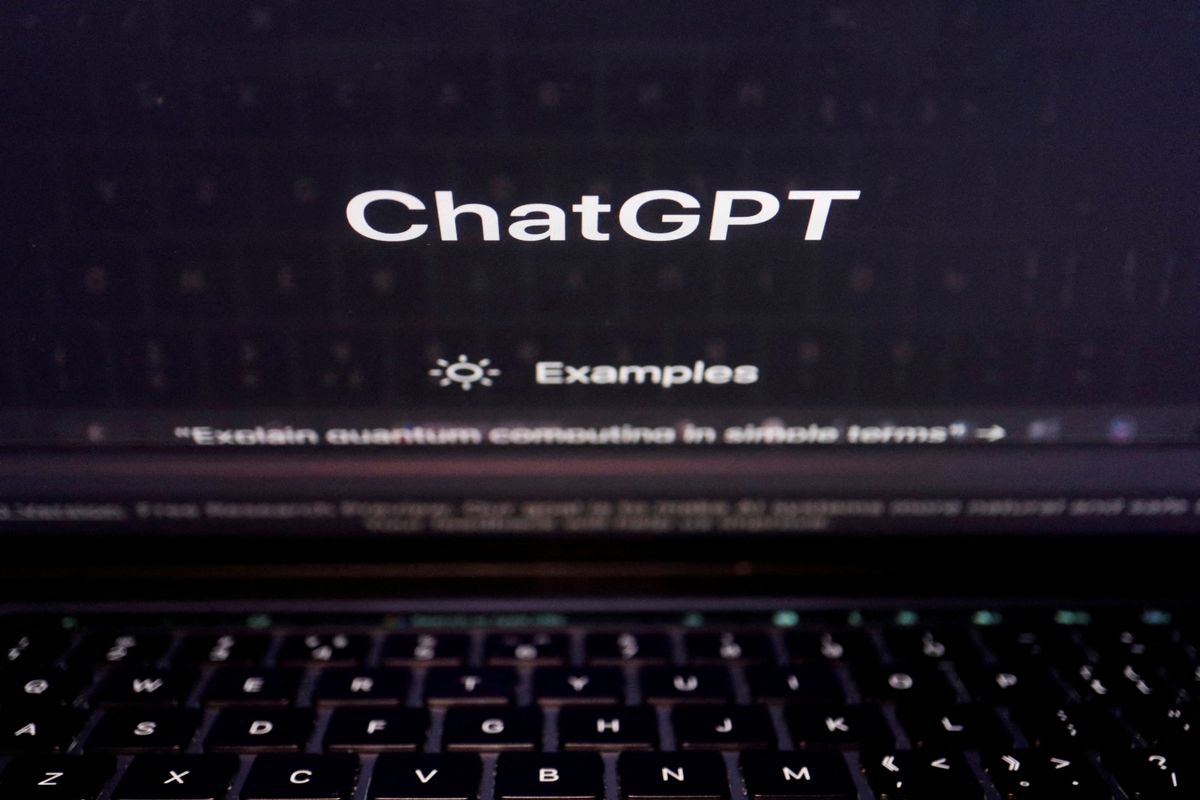BloombergGPT brings AI to financial research
Bloomberg has just launched its latest AI model for finance, BloombergGPT.

A few minutes every morning is all you need.
Stay up to date on the world's Headlines and Human Stories. It's fun, it's factual, it's fluff-free.
The backstory: In just over four months, OpenAI's ChatGPT AI language model has made quite a name for itself. It can chat with users and come up with responses that sound super human-like. Big banks and app developers have already jumped on board with ChatGPT, which has caused a stir in the job market. Companies are scrambling to find people with AI and machine learning skills, with roles like "prompt engineers" popping up left and right.
More recently: Last month, OpenAI announced the release of GPT-4, the next level up from ChatGPT. This upgraded AI can do fancy things like complex reasoning, understand difficult instructions and even get creative. GPT-4 can also recognize pictures and whip up some tasty recipes based on whatever ingredients you give it
The development: Bloomberg has just launched its latest AI model for finance, BloombergGPT. This new machine learning technology is specifically designed to analyze financial data with improved language processing features, such as sentiment analysis and news classification. Now, unlike ChatGPT, you can't chat with BloombergGPT, as it's not publicly available for the chatbot interface. But it will be integrated into Bloomberg Terminal to help users find information more effectively.
A report showed that Bloomberg used over 700 billion text fragments from its financial data archives and public sources to train a "decoder-only casual language model to create this AI model." In fact, BloombergGPT performed better than other language models on finance-related tasks, with an average score of 62.47 points.
Key comments:
“Most of the things that we’re doing with BloombergGPT are going to be behind the scenes,” said Gideon Mann, Bloomberg’s head of machine learning product and research. “You’re not going to interact with that. It’s going to enhance and augment existing terminal technology.”
“There’s just no limit to how much work humanity could generate if they really want to work,” said Christopher Pissarides, a professor at the London School of Economics who specializes in the impact of automation on work. “It will take long to have a real impact and during that time people will adjust. What you need in this adjustment is basically upskilling.”
“The combination of significant labor cost savings, new job creation, and higher productivity for non-displaced workers raises the possibility of a productivity boom that raises economic growth substantially,” said Goldman Sachs economists in a report last month. “We estimate that AI could eventually increase annual global GDP by 7%.”




Comments ()